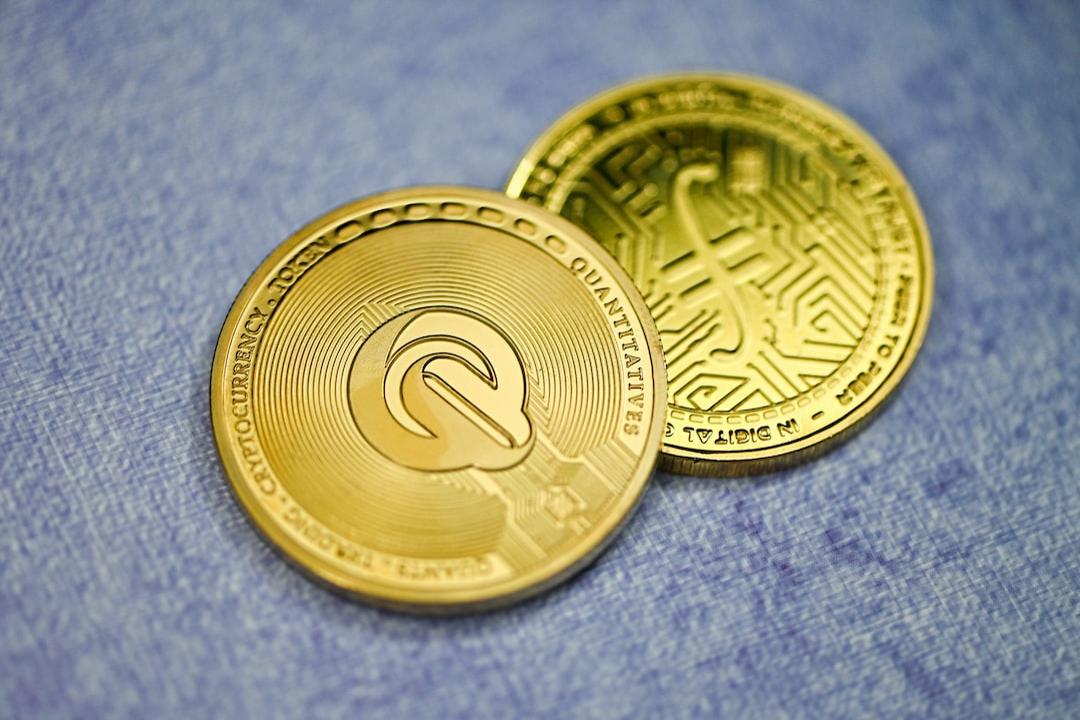The initial stage of the ASI (Artificial Superintelligence Alliance) token merger began on July 1, with the consolidation of two artificial intelligence (AI) tokens: SingularityNET’s AGIX and Ocean Protocol’s OCEAN.
During the first phase of the $7.5 billion token merger, the AI tokens combined into Fetch.ai’s FET token, resulting in the widespread removal of the previous tokens from all cryptocurrency exchanges.
Challenges persist for ASI merger
However, not all cryptocurrency exchanges supported the merger for their users. Coinbase chose not to endorse the ASI merger and did not implement a system to automatically convert users’ token holdings.

Source:
Coinbase Assets
In the meantime, trading for FET and OCEAN will continue on Coinbase until further notice. Users who wish to manually transfer their holdings to FET can utilize a workaround, as detailed by Coinbase:
Workaround for ASI migration
Cryptocurrency exchanges and data aggregators that are willing to support the migration can do so through a newly introduced migration platform, SingularityDAO.

The user interface of the SingularityDAO migration platform. Source: SingularityDAO
As per the website, in the first phase, AGIX tokens will migrate to FET at a conversion rate of 1 AGIX to 0.43335 FET.
In the second phase, FET tokens will be migrated to ASI and launched across multiple blockchains.
Related:
South Korea’s 2nd-largest chipmaker to invest $75B in AI through 2028
On June 20, the trading value of FET and AGIX tokens surged by more than 30% following a three-month decline.
According to Vlad Balaban, co-founder of GT Protocol — a blockchain-based AI execution protocol — the excitement surrounding the ASI token merger stimulated the markets.
“The 30% surge is due to their announced merger with Ocean Protocol, with the goal of creating the largest decentralized AI ecosystem. This strategic move has sparked investor enthusiasm, anticipating significant advancements and market leadership in AI technology,” he said.
Magazine:
Crypto-Sec: Phishing scammer goes after Hedera users, address poisoner gets $70K

